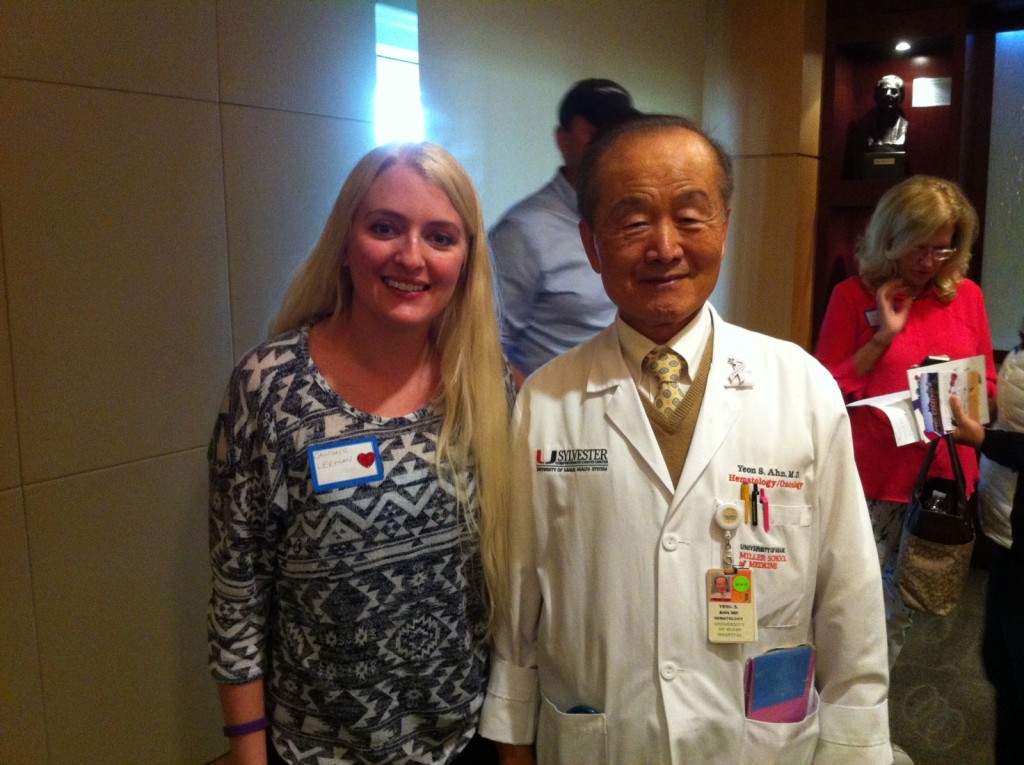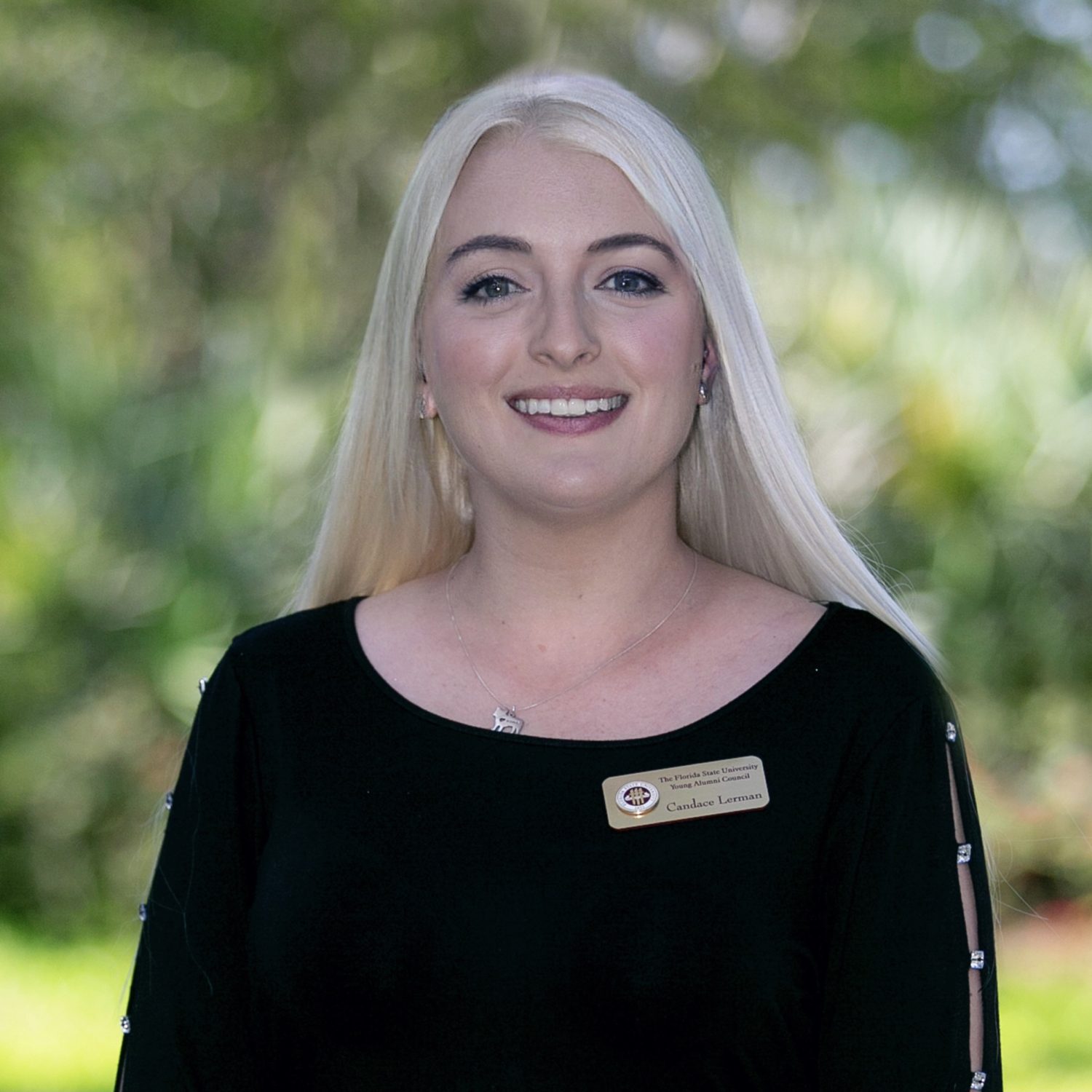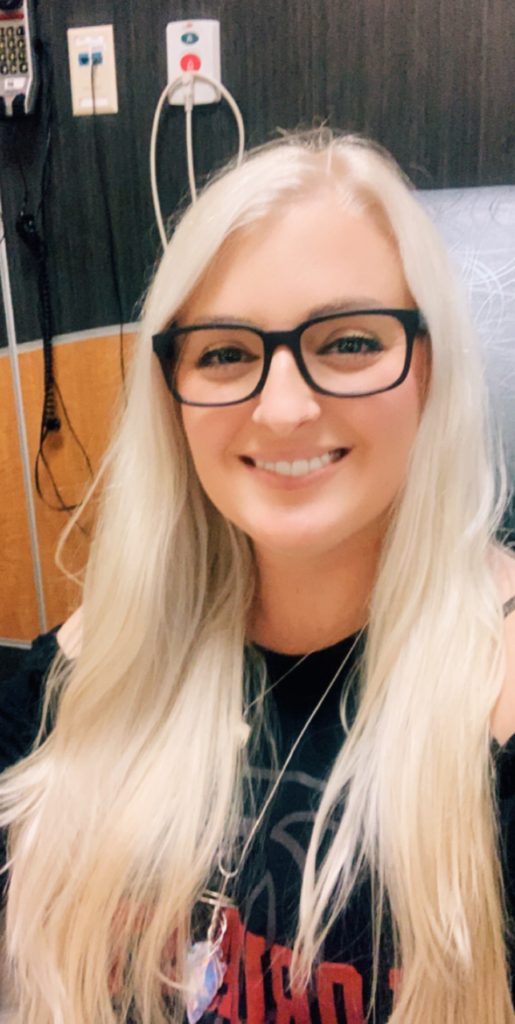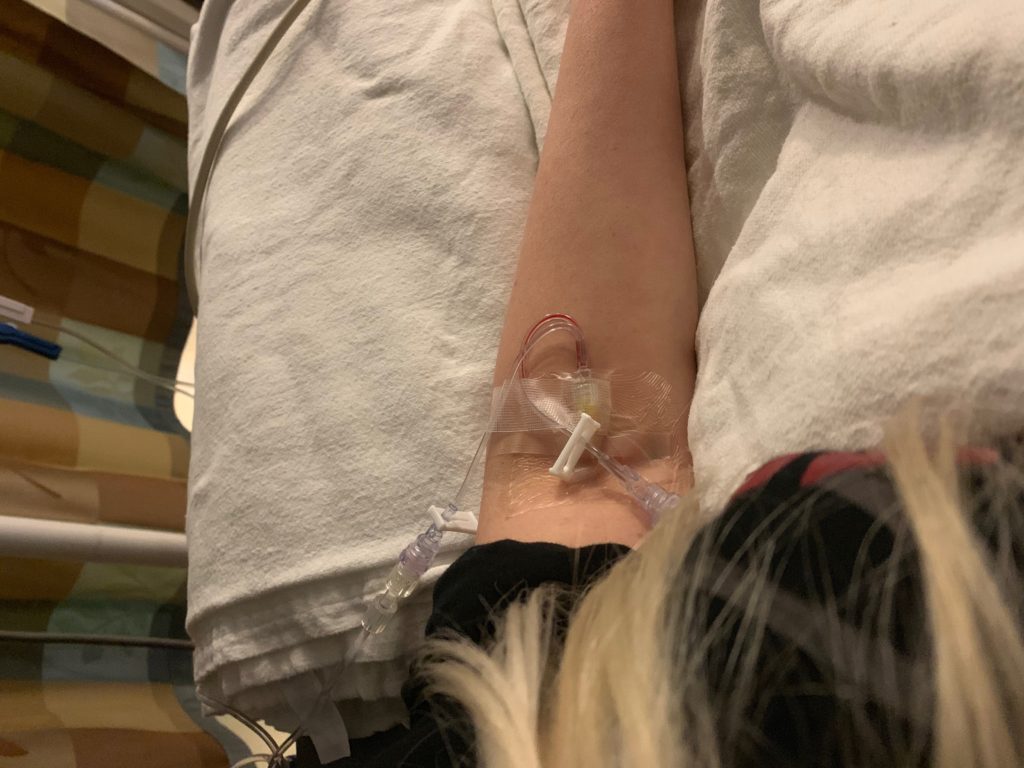
We often talk about great doctors, those men and women who treat us with dignity and respect. They listen to us, help us, work with us, and care. Those doctors are special, and when they retire or move away, it is difficult to replace them.
When I received the letter informing me that Dr. Ahn was retiring effective February 2018, I was sad but certain that another physician at the University of Miami would take good care of me. Would they be Dr. Ahn? No, no one could ever be him. I certainly never imagined I would be treated horribly and struggling to get Rituxan for a second time.
Which brings me to writing this blog. Today I had my one month post-Rituxan checkup, and my platelets are holding strong at 236,000. Besides feeling relieved and victorious, I also became very emotional. It dawned on me that none of this would have been possible without Dr. Ahn. Had I been diagnosed after he retired, who knows where I would be (or if I would even be alive). He gave me the tools to fight this disease, fight for myself, and fight for a better world for patients like me.
I thought back to the scared 27 year old in his exam room, unsure of what the future holds. I felt like my life was spiraling out of control. I questioned if life was worth living, if my existence was a burden on everyone around me. I was beaten down and demoralized by my diagnosis, yet this man saw something in me that I could not see in myself. He saw the real me, the fire and determination that while stifled at the time, was under the surface. It just needed to be cultivated within my “new normal”.
I didn’t realize it, but Dr. Ahn took me under his wing and started teaching me about my disease, how the human body operates, and what he had learned over decades of studying platelet disorders. He sent me home to research treatments not because he didn’t want to treat me, but he wanted me to find the answer myself and come back to him. He was building up my confidence and repairing my broken spirit. I was being taught to think like a researcher, to put myself in Dr. Ahn’s shoes. Little did I know, five years later I would be using what he taught me to save my life again. Only this time, without him there to coach me.
If I had to describe what fighting ITP is like, I would liken it to walking a tightrope. Under Dr. Ahn, I had a safety net. My fear of falling was minimal because he was there to protect me. This time, it was like showing up and discovering you have a rope and a stick. No safety net and no one to help if you fall. Despite this, I stuck to what I knew- everything Dr. Ahn taught me.
Here I am in remission, again.
While Dr. Ahn treated my ITP, he also assisted me in rebuilding my life with a rare disease. I often joke that he created a monster, but truly I would not be where I am today if not for him. His lessons and mentorship helped me fight ITP in his absence. He gave me the confidence to walk the tightrope without a safety net.
I’m forever grateful that he believed in me, and saw my potential at the lowest point in my life. Every day is a gift, thanks to Dr. Ahn.


